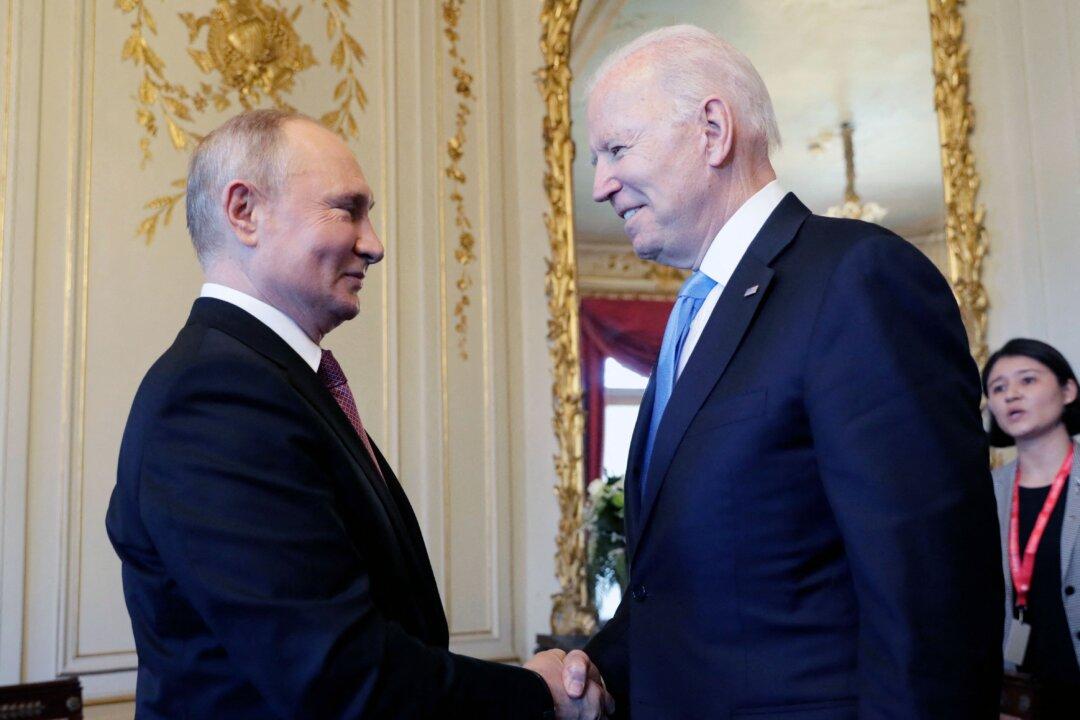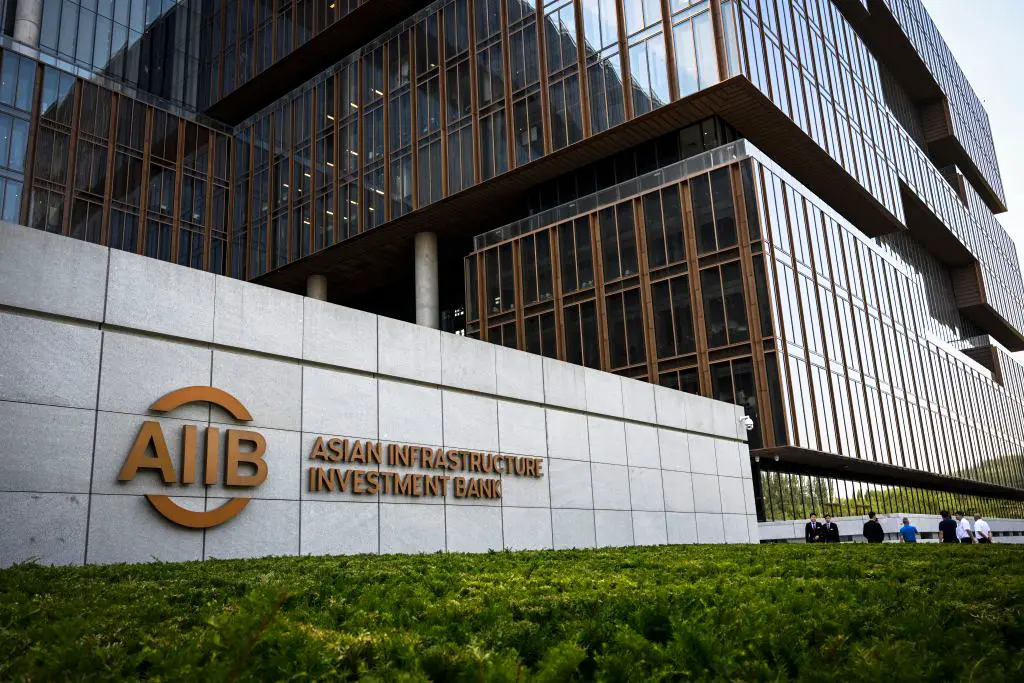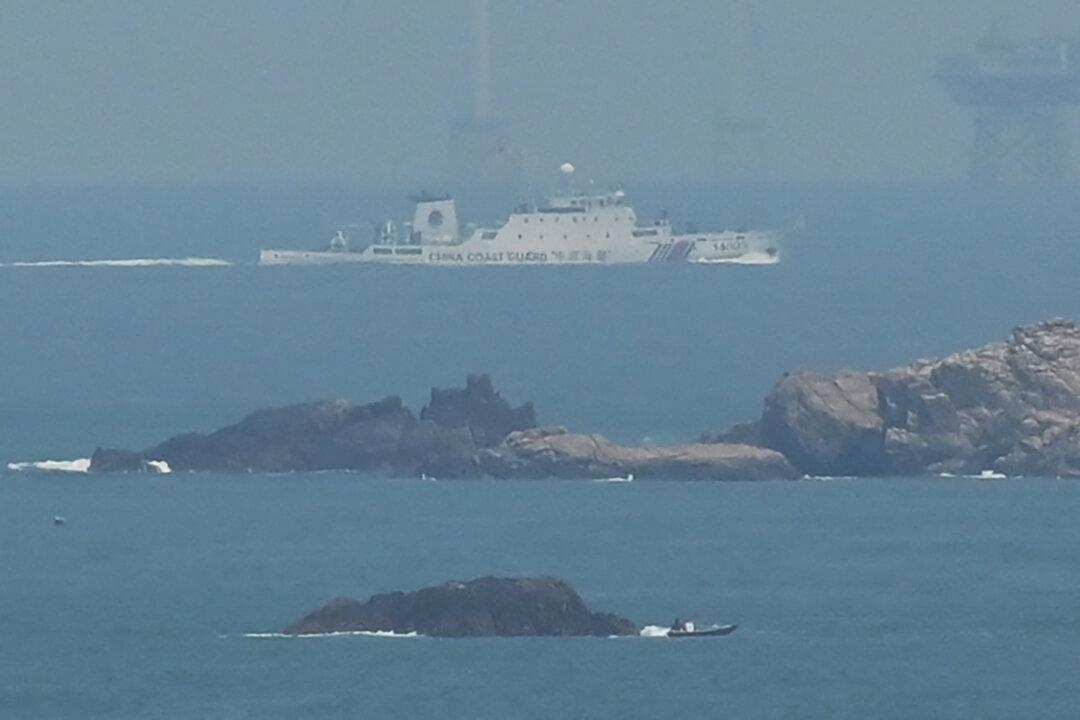Commentary
Contrary to the spin from neocons and the mainstream media, Russia is playing defence, not offense, in its confrontation with the West over Ukraine. Misunderstanding Russia’s motivations, and its fundamental nature, could have tragic repercussions for us, not least further driving Russia away from the West—its natural ally—into the arms of China, its natural enemy.






